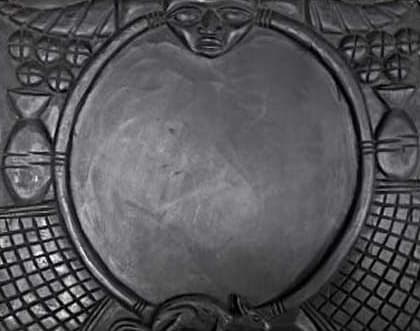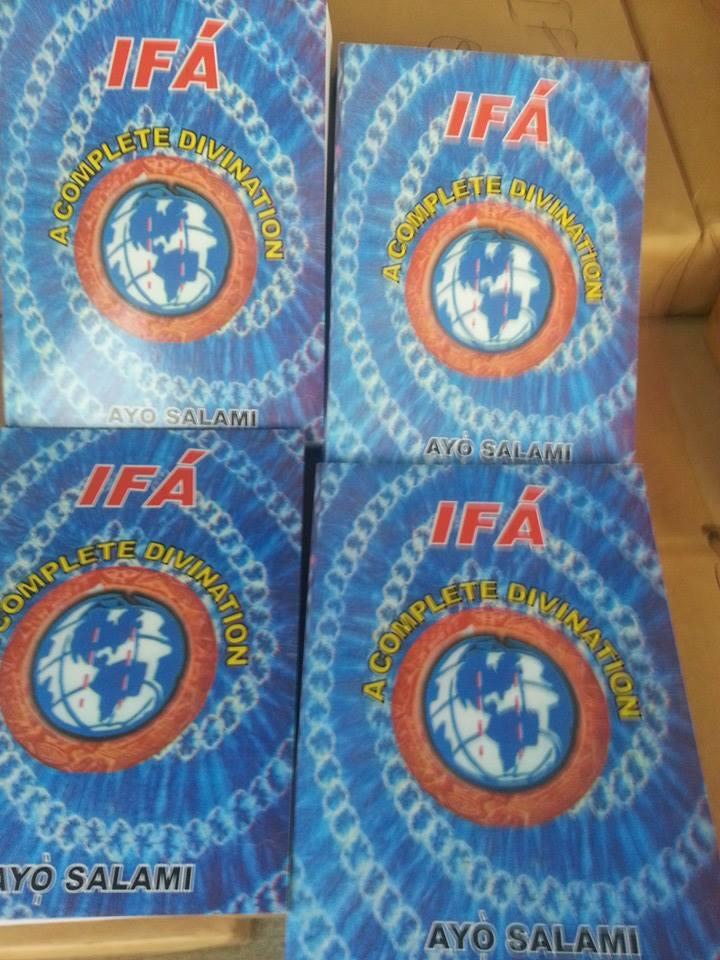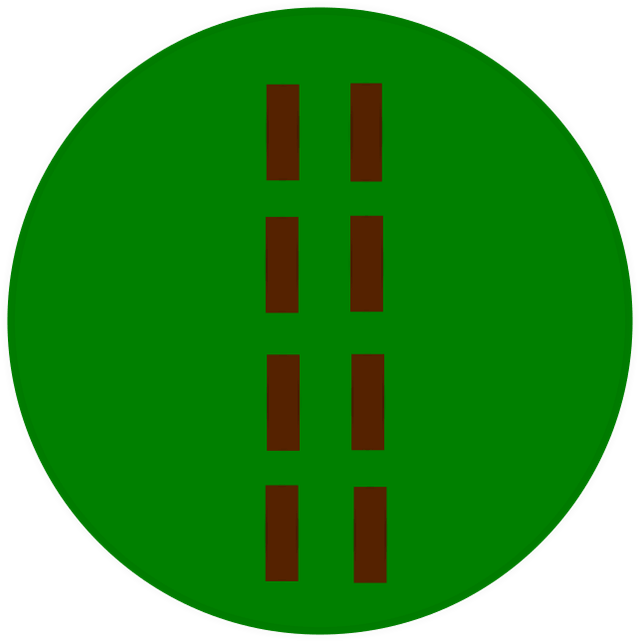Let's learn about theOdù IfáÒgúndá méjì

Alias :
Description :
Verses ofÒgúndá méjì
Ògúndáméjì: Oníbù and the Fisherman were arguing for a single Fish
Aboru aboye,
To whoever consult this Odù Ifá, Ògúndá méjì, or maybe this Odù Ifá is his personal Odù which he initiated of,
Ifá says that in this Odù Ifá, there is a lot of ire (good fortunes).
Ifa says for this person. This person has to feed Ògún for settlement of dispute between this person and someone.
The settlement of the pending dispute is what will bring ire firm for this person consulting this Odù Ifá.
Oníbù is the owner of a river spot, (Oní: Owner of Ibù: Deep water), for him to have digged a hole in the river for a fish to enter. When a fish enters that place, he should be the owner of the fish.
But Oníbù was in need of fish to eat, as he couldn't catch any fish since a while, he was starving by then.
At that time, another fisherman came to fish in the river and catch a unique fish at the particular place where Oníbù digged before for a fish to enter.
At this moment, Oníbù came out saying:
_"Haa, why have you picked my fish"?
The fisherman replied:
_"Your fish? Are you the owner of this river ? Why are you saying that it's your fish. Though it's not your fish. It's the fish that god bestowed to us, human being."
This dialogue became a dispute.
But Oníbù had previously gone to his babalawo to consult Ifá for him to be able to achieve his aim and work to eat the fruit of his labor.
His Babaláwo informed him to go and feed Ògún and Èṣù Ọ̀dàra and to comply ẹbọ, while the Fisherman also, as well, consulted Ifa and had the same prescription.
Both of them did as the babaláwo said then.
So, after that, Ògún came out of the bush where he was hunting. He asked:
_"Why are you guys arguing about?
After they explained the case to him, Ògún took out a sword and asked them to close their eyes so they can choose Head or Tail without looking and cut the fish in two parts.
Itis how Ògún settled the case for them.
Ifá says he will settle the dispute for the person consulting this Odù Ifá no matter the kind of dispute he's facing.
Ela boru Ela boye Ela bosise !
"Looking at the Odù, Ògúndá Méjì cast for today's Ọ̀sẹ̀ Ifá", by Araba of Oworo
On each Ose Ifa day , Araba of Oworo teaches us a new stanza of Ifá (ẹsẹ Ifá) from the odù that was cast. This time the verse was selected from the odù Ogunda meji and tells a wonderful story about Esu Odara, Orunmila and Olofin (the king), emphasizing the role of Èṣù as friend of Ọ̀rúnmìlà and enemy of cheats and ingrates.
As usual with complete yoruba scripture and explanation in english.






